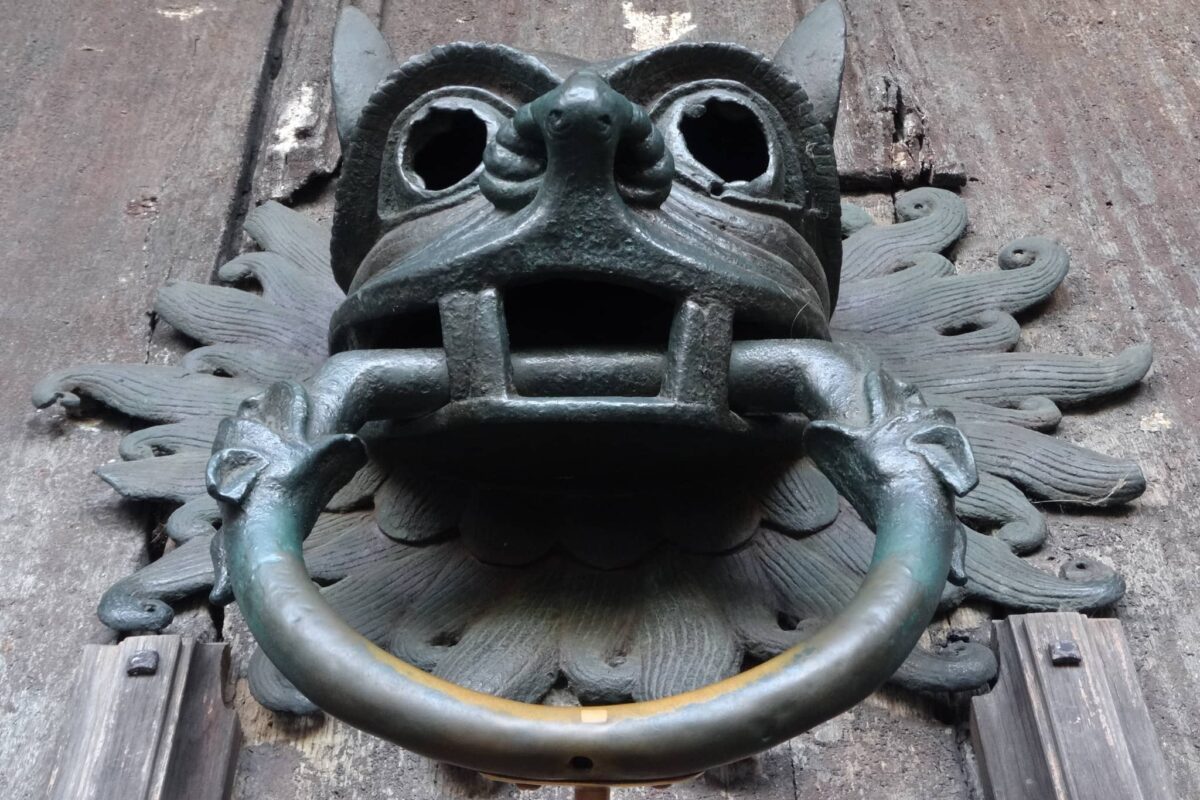I am constantly amazed at how hard young children work. Many get homework in nursery, have tests in Reception and for some, barely a minute is not filled with achievement and accomplishment. The school life of today’s children is vastly more demanding than most of ours ever was. I know 6-year-olds who put my CV to shame.
In many ways, this is good news. Lots of clubs and societies afford children untold opportunities, and hundreds of friends. Solid work of reading, working, writing and thinking is clearly good. The ability of children to study and develop is hugely impressive, and should be widely praised. Yet none of it seems much fun.
Indeed, the vocabulary of today’s schooling hardly sounds enjoyable: rigour, discipline, standards, failing schools, global race. With a constant fear of falling behind, children sometimes live in a world tougher than their parents’. How many of us would like our annual appraisal pegged to achievement in Singapore?
Scaling such dizzying heights does not come easily – or cheaply. We know this, and the costs are all around us. There is more ‘rigour’ on children, teachers work ever harder, and parents are under constant pressure. Money is tight, hours are long, and ‘good enough’ is never satisfactory. It’s like we treat children, and the families that nurture them, like a wind-up toy: the more you tighten it, the further it will go. And even if they match Singapore, today’s children are very tightly wound.
These are by no means unique observations; the welfare of our children has been a gently growing concern for years. There is widespread worry, among parents and politicians, that the drive to succeed and the guilt when we don’t is slowly crushing our children. This is a real problem, and one that the church must be alert to.
In the year when we are vaingloriously flaunting Magna Carta to the world, I think it’s time to revive another medieval relic: sanctuary. The common-law provisions that criminals could escape, or at least delay, justice by grasping the brass knocker on the church door is no good for our age. But the church does have an indispensable role as a haven for rest.
Then Jesus said, ‘Come to me, all of you who are weary and carry heavy burdens, and I will give you rest. Take my yoke upon you. Let me teach you, because I am humble and gentle at heart, and you will find rest for your souls. For my yoke is easy to bear, and the burden I give you is light.’
Matthew 11:28–30 (NLT)
These words speak to the heart of our anxiety, and the fear of inadequacy that can grip everyone from pupil to parent to politician. To those caught in a frenetic ‘race’ for success, they are words of shocking comfort. They bring us up short, and make us wonder, ‘Where did we go wrong?’
Jesus’s call to rest is profoundly counter-cultural, yet it is essential for our society and the wellbeing of our children. For families and young people, a relaxed church is deeply precious, and so they must know that there will never be assessed homework, and that no one will complain if someone’s late. We must emphasise that there is no threshold for entrance or annual report card.
In the midst of exams, clubs and the end of the academic year, it can be easy to forget that our church is a place of encouragement and relief. Racing for the brass knocker, our church must be a sanctuary from the pressures of our world. We all need reminding of Jesus’s promise of comfort to the weary and hard-worked: at the end of a long school year, I think that’s probably all of us!
Jonathan Brooks is Children’s and Youth Worker at St Michael’s Highgate.
Image: Sanctuary Knocker (Durham Cathedral) by C & N, used under Creative Commons licence.
